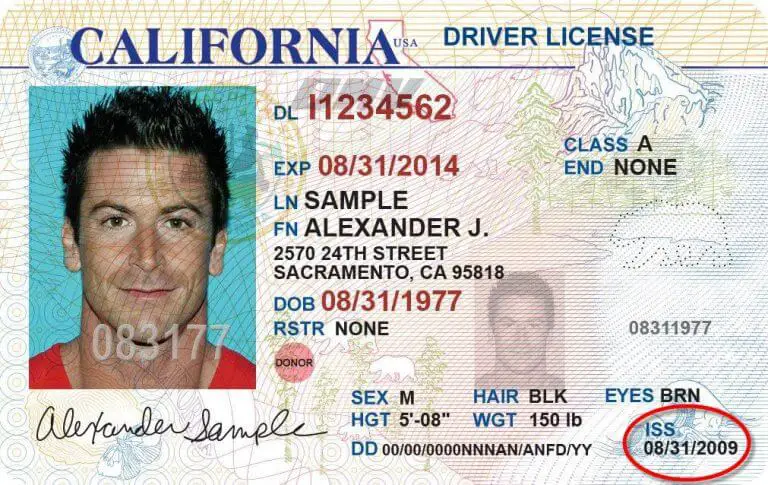Unveiling the Mystery: What is ISS Date for Fake ID?
Learn everything about the ISS date for fake ID, including its significance, how to identify it, and its role in determining the authenticity of identification documents.
The ISS date, also known as the Issue Date, plays a crucial role in determining the authenticity of an identification document, especially when it comes to spotting fake IDs. Understanding what the ISS data represents and how it can be verified is essential for various stakeholders, including law enforcement officials, bouncers, and business owners. In this comprehensive guide, we delve into the intricacies of ISS dates for fake IDs, providing valuable insights and actionable tips for identification and verification.
What is ISS Date for Fake ID?
Definition and Significance
The ISS date refers to the date when an identification document, such as a driver's license or ID card, was issued to the cardholder by the issuing authority. It serves as a critical piece of information for verifying the validity and authenticity of the ID.
Role in ID Verification
The ISS date is one of the key elements checked during the verification process to ensure that the ID is not expired or counterfeit. By comparing the ISS date with the current date, authorities can determine whether the ID is still valid and within the acceptable timeframe.
Identifying the ISS Date on Fake IDs
Location on the ID
The ISS date is typically located on the front side of the ID card, near the cardholder's personal information. It is often printed along with other details such as the cardholder's name, date of birth, and address.
Formatting and Presentation
Authentic IDs display the ISS date in a standardized format, with clear and legible printing. In contrast, fake IDs may exhibit inconsistencies or errors in the formatting and presentation of the ISS date, such as incorrect fonts or spacing.
Verifying the Authenticity of the ISS Date
Cross-Referencing with Issuing Authority
To validate the ISS date, authorities can cross-reference it with the issuing authority's records or databases. This helps ensure that the ISS date provided on the ID matches the date recorded by the issuing agency.
Use of Advanced Verification Tools
Advanced verification tools, such as ID scanners and verification software, can also be employed to authenticate the ISS date and other security features of the ID. These tools utilize advanced algorithms and database checks to verify the legitimacy of identification documents.
FAQs (Frequently Asked Questions)
How can I determine if the ISS date on a fake ID is valid?
One way to verify the validity of the ISS date is by comparing it with the issuance guidelines provided by the issuing authority. Additionally, using advanced verification tools can help detect inconsistencies or discrepancies in the ISS date.
Can the ISS date be altered or tampered with on a fake ID?
Yes, perpetrators may attempt to alter or tamper with the ISS date on a fake ID to make it appear valid. However, careful scrutiny and verification techniques can often reveal signs of tampering or manipulation.
Conclusion
Understanding the ISS date for fake IDs is essential for effective identification and verification processes. By familiarizing yourself with the significance of the ISS date, its location on the ID, and verification techniques, you can enhance your ability to detect counterfeit IDs and maintain security in various environments.

